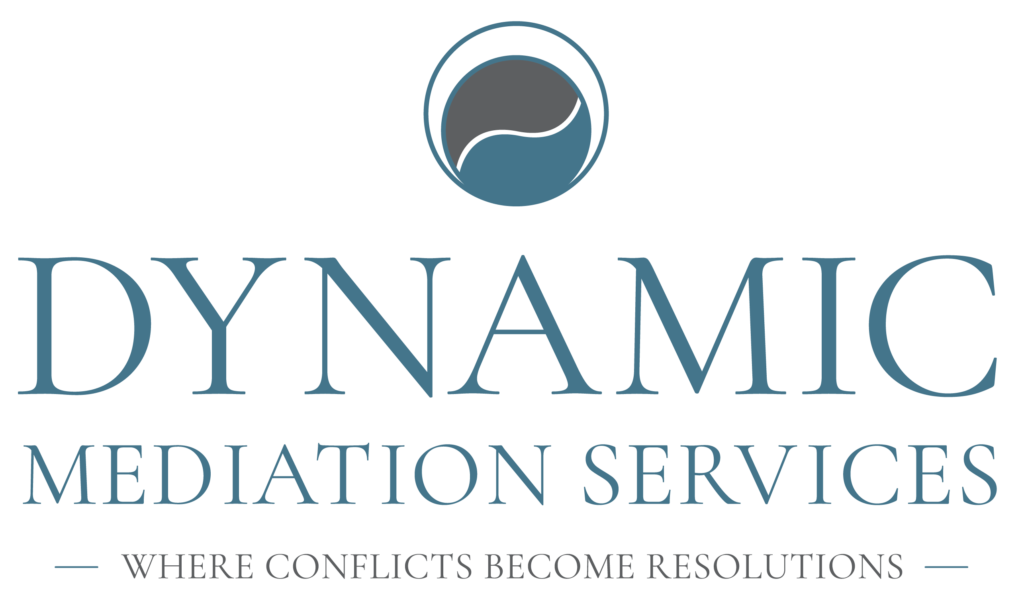
When people consider settling personal or business disputes, many instinctively think of resolving them in court if there is no quick solution. However, most of the time, the courtroom is not the best environment for handling sensitive matters. Traditional court proceedings often invite unnecessary public exposure, turning private conflicts into open spectacles. Many cases can achieve the same, or better results during mediation, making it one of the best options for alternative dispute resolution.
The Public Nature of Court Proceedings
With very few exceptions, court proceedings are open to anyone who is interested in them. From the moment a case is filed, nearly every pertinent document becomes a matter of public record. Pleadings, motions, evidence, and rulings are all accessible. This means private information—whether it pertains to family matters, business operations, or personal issues—might be viewed by others.
Court hearings themselves are generally open s well. Almost anyone can sit in the courtroom and observe proceedings. If a case draws media attention, the exposure, of course, intensifies. The courtroom becomes a stage, where private lives and business interests are subjected to potentially unwanted public scrutiny.
This airing of grievances can easily escalate matters and drive an even larger wedge between the disputing parties. Whenever we lose our ability to control how our version of the story is told, there’s a tendency to be more adversarial and defensive. Thus, while resolving disputes should help people feel accomplished, the opposite could easily happen and make participants feel rather drained.
The Confidentiality of Mediation
Mediation flips this dynamic entirely. In mediation, the parties and the mediator are typically the only individuals present during discussions. There is no public record of what is said, no audience, and no exposure to the outside world.
One of the most significant benefits of mediation is confidentiality. Unlike court rulings, which are public, a resolution between participants does not always need to be filed with the court. In many instances, the parties are free to maintain the confidentiality of their settlement or, at a minimum, to limit its exposure in the process.
Flexibility and Control in Mediation
Mediation is also quite flexible. The parties have a lot more control over the process and its pace. Instead of being bound by legal procedures or court-established deadlines, they can create a process that works best for them.
Because mediation is a more collaborative process, both parties have the opportunity to shape their own settlement. The mediator facilitates the discussion, but it is up to the parties to decide for themselves whether to reach an agreement and on what terms. This autonomy often can lead to creative solutions that work for everyone. And importantly, the privacy of the resolution process is preserved. Finally, neither a judge nor a jury is imposing a decision on the parties that can be publicly dissected.
Your Best Interests Do Not Have to Be Adversarial
While the confidentiality of mediation is often the most appealing aspect, the process also comes with the added benefit of being more cost-effective and time-efficient than court proceedings. Public litigation can drag on for months or even years, increasing financial strain and emotional stress. It’s much harder to maintain important relationships throughout that journey, especially when the stakes are so high. When privacy matters, mediation is often the best path toward resolution. It keeps personal and business details behind closed doors, where it belongs. If you’re looking for alternative dispute resolution for a private and collaborative approach, reach out to Dynamic Mediation Services at (843) 754-5572. Let us help you resolve your matter with discretion and care.
